Humanitarian Experience (HXP) has projects in 47 locations around the world, and in each location, that project is meeting a specific need for the community. We really dive deep into learning what challenges the country faces, the communities faces, and specific organizations face. We do all this research so we can be sure that Humanitarian XP is making positive changes and that the program is sustainable.
What is sustainability?
Let’s talk more about what sustainability means and why it’s important to you and Humanitarian XP. Sustainability is often the word used in the context of the environment, or how an organization could be more green. However, in the humanitarian world, it has a much bigger and broader meaning. Sustainability of our program means that whatever we do in a country and community won’t negatively impact them. We want to make sure that when we do service in a country and then leave at the end, that the area will continue to function well and be benefited by what was accomplished rather than potentially suffer from unknown negative impacts of the project.
Our Criteria
So here are a few things we do to help prepare the Humanitarian XP groups’ projects to have a positive impact and let the Humanitarian XP program become responsible humanitarians!
- Rubric and surveys: We use a heavy vetting process for potential projects, measuring them against a rubric to decide which location is most prepared for an Humanitarian XP project. We record measurements of the area’s economic, environmental, cultural, and political development from before we enter a country, to after we leave to help improve these decisions each year.
- Local teams: We work purely with local businesses and teams. We work with a local coordinator, local architects for blueprints, and local construction teams and methods to prepare and support the project. Often the surrounding community prepares the land and area for the arrival of Humanitarian XP groups.
- Project partners: We have learned that a project is more meaningful and relevant to the community if they are actively planning, constructing, and later maintaining the project rather than having it built for them without local input. We work with the project partners, or the organization or people receiving the service, to make sure they are prepared to maintain the project. For example, when we plan to build classrooms for a school we ask how there will be teachers added for the additional classes the project provided, and how they will be able to ensure the funding to do so.
- Resource for materials: Local teams help us check that the resources used for the project are not depleting the areas needs or leaving drastically negative environmental consequences.
- No trace trips: Humanitarian XP wants to encourage self-sufficiency in the communities that we work in and avoid a dependency on our programs. A habit of donations results in community expectations for future Humanitarian XP trips. No trace trips means that we don’t bring gifts, donations, candies nor leave trash or monetary donations. It’s important to remember that the biggest gift is one from the heart.
- Cultural Interactions & Respect: One of the best parts of your Humanitarian XP trip will be learning to love a new culture. This is part of being a responsible humanitarian in a big way. We want to make sure that we have respect and appreciation for the friends we make across the world. Humanitarian XP Builders will understand the strengths of both cultures, their own and those of the new community you are serving in, and show gratitude and appreciation for the services shown to you. Changing lives through service goes both ways for the relationships we build!
We research and prepare to make sure we are keeping our promise and mission to change lives through service. We want to do it responsibly, and in a way that we can know we leave more positive footprints than negative. Each year we hope to improve from what we learned before to continually become the best responsible humanitarians we can be.
